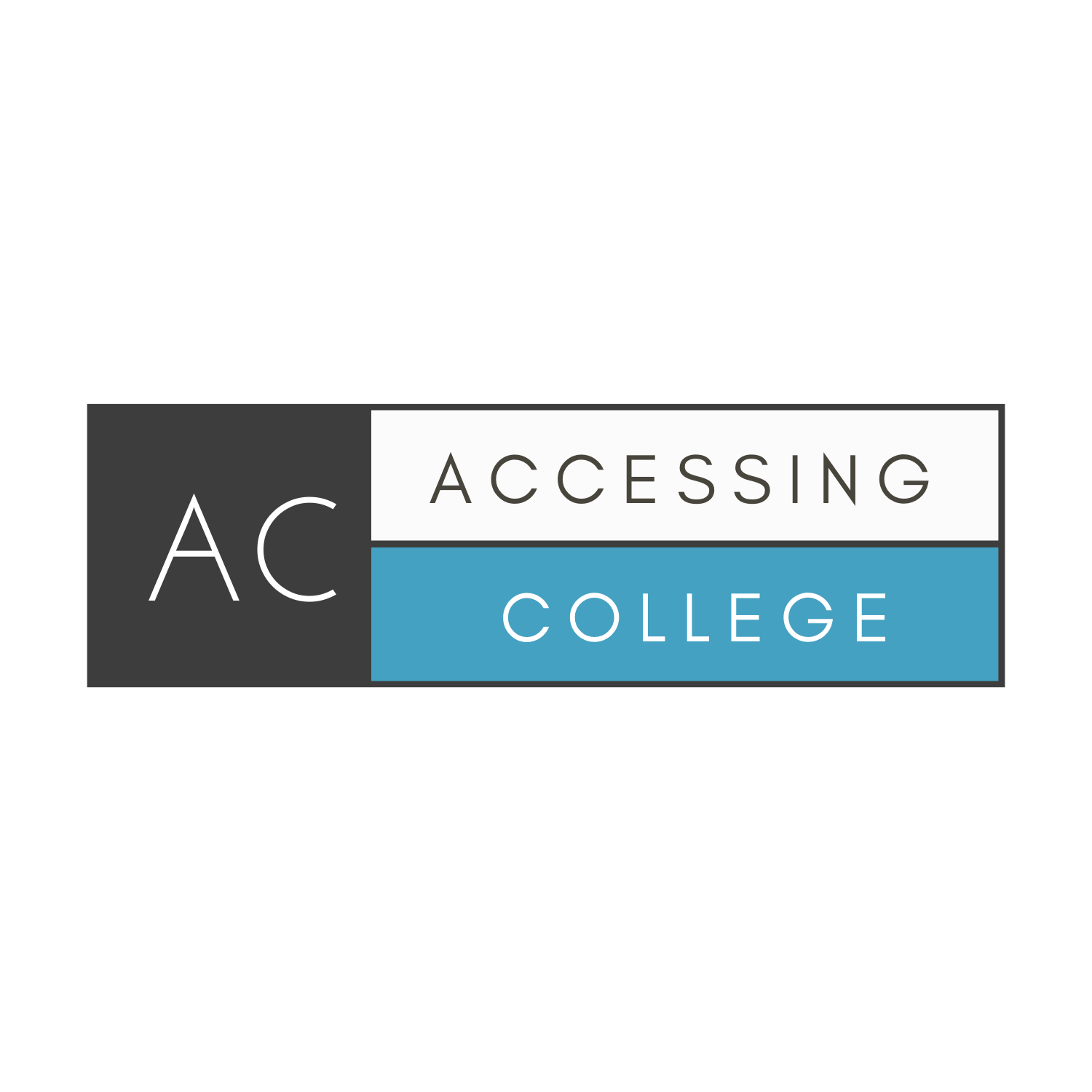This is a common reaction when students are new to getting help and college disability accommodations. Students often feel like it’s an added advantage or that they are getting something that’s helping them out more than their non-disabled peers. That reaction is normal. It’s also uninformed. My goal with this article is to shed some light on the subject and give you the information you need to make an informed choice for yourself. I also hope it changes your mind.
What are college disability accommodations and what do they do?
Let’s start with the basics. Accommodations is an umbrella term for anything that removes a barrier posed by the disability. For example, if a student has a reading disability and takes longer to comprehend written material, a test for instance, the barrier is time. The student needs more time to be able to process and comprehend the test questions. An accommodation that removes that barrier is allowing more time on a test.
The accommodation of extra time illustrates the next concept of leveling the playing field. It’s the purpose behind why accommodations exist. Leveling the playing field is a concept that, once accurately and adequately accommodated, a student can now perform just like every other non-disabled student. In the test example, the student would not be able to show what they know if given the same amount of time for the test.
Once the extra test time is in place, the disabled student can now take the time needed to comprehend. Without the added time for the test, the student with the reading disability is at a distinct disadvantage compared to their non-disabled peers. The extended time levels the playing field for the disabled student.
For more information on how to get disability accommodations in college, read Four Steps To Get Disability Accommodations For College Students. Getting in the right mindset to request college disability accommodations is critical to the process. Read The Interactive Process: This Is Not An IEP Meeting. Just click the titles to read them..
In class accommodations
The testing example is accurate to illustrate the concepts. Most often, if a student has a test accommodation, the student is taking the test in a testing center that can assure test security and that the accommodation is given in the proper manner. In-class accommodations are present for the same reason, access and to level the playing field. So, what are some common examples of in-class accommodations? In-class accommodations can include the use of a laptop for notes, recording lectures, and a note taker. Let’s look at two of them to illustrate access in the classroom.

College Disability Accommodations for Class: Examples
If a student has the accommodation of the use of a laptop in class for note-taking, one can assume that there may be a disability in writing. Dysgraphia is a common disability that affects writing. Students with dysgraphia have a difficult time with the physical act of forming written words. Typing is a different experience than writing by hand. Often students with dysgraphia will find it easier to type than to physically write.
Imagine having that disability and physically writing notes for lectures. It’s easy to see the issues that arise. Notes are incomplete, messy, hard to read if not illegible, taking more time to write than to attend to the lecture. Do you think this student has access to the lecture? No, they do not. If the student has the laptop and takes adequate notes on par with non-disabled students, access is present. Would you consider the use of a laptop for taking lecture notes cheating?
Let’s take the note-taker accommodation next. Note-takers are often given to students who have a hard time attending lectures and then taking notes and keeping up with the lecture. This accommodation is not given because the student has not learned to take notes or takes poor notes. That is a lack of skill, not a disability. For example, if a student has a listening comprehension disability, they often need more time to attend to the lecture.
The act of writing a note takes their attention away from what the teacher is saying. Thus, this student does not comprehend or have the same opportunity to comprehend the lecture as other non-disabled students. A note taker allows the student to have a full set of notes like any other student and the opportunity to focus on lectures like any other student. Would you consider a note-taker cheating?
Conclusion
Let’s review. Accommodations are there because of a need due to a disability. Accommodations do not give anything extra or unwarranted. Accommodations give access and level the playing field. In each example, I think it was quite clear that there was no advantage given to the disabled student. The disabled student was at a disadvantage without the accommodation. Are they cheating? I think that’s also clear. No, they are not. Accommodations just give access, not the ability to cheat. Without accommodations, the disabled student is the one being cheated.




